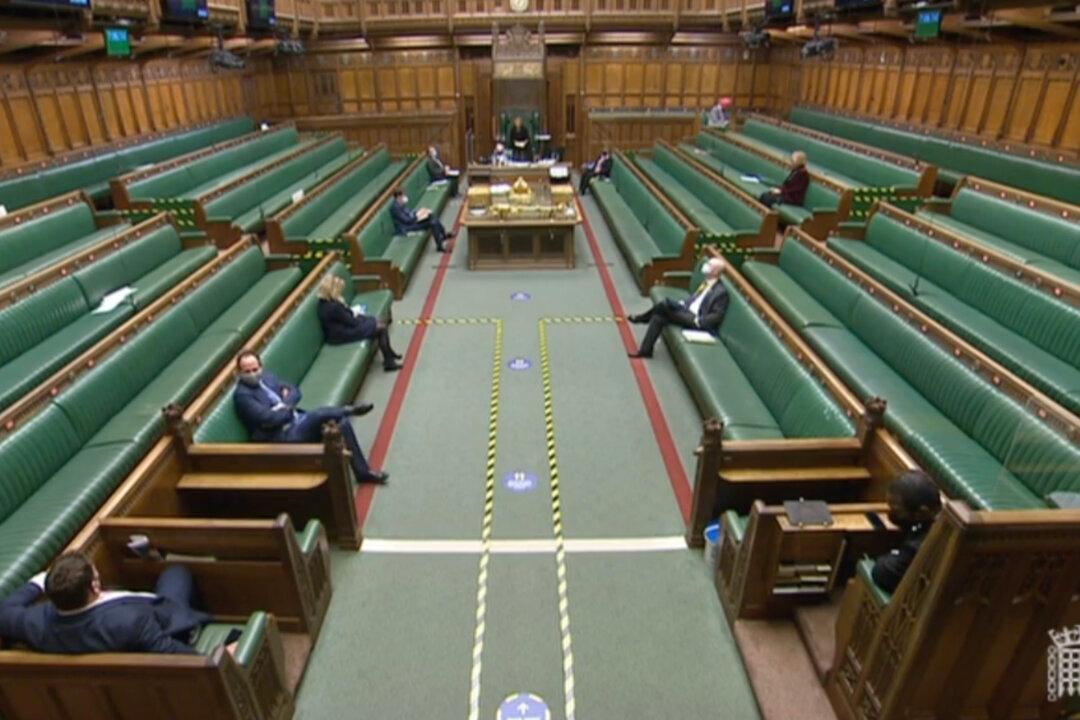An amendment giving UK courts power to revoke trade deals with genocidal countries has been narrowly defeated on Tuesday in the House of Commons despite a Tory rebellion.
In a heated debate ahead of the vote on Tuesday, cross-party MPs supporting the amendment argued that it provides a legal basis for the UK government to engage in obligations under the Genocide Convention.
“Many of us for years have been frustrated that every time we try and raise genocide in this place, in terms of trade deals, we’re told it’s subject to the international courts and therefore vetoed by whatever China, or Russia, or other countries, and Security Council,” former Conservative Leader Iain Duncan Smith said.
“If we don’t pass the amendment today, we will be outsourcing all future decisions on genocide to Russia and China,” Conservative MP Nus Ghani said.
“We now have an independent trade policy after leaving the EU ... Why would we want to use our newfound freedom to trade with states that commit and profit from genocide?” she asked.
MPs opposing the amendment argued that it would be a judicial overreach into powers belonging to Parliament.
Compromise Amendment
Several MPs proposed a compromise amendment about a week before the debate.The amendment states that if a high court in England and Wales, Scotland, or Northern Ireland makes a preliminary determination that a proposed trade partner is committing genocide, the Lord Chancellor much present such determination to both Houses of Parliament, which will then debate on a motion calling on the Government to take action.
However, the compromise amendment was rejected before the debate.
Duncan Smith, one of the MPs sponsoring the compromise amendment, said the sponsors will bring the amendment back to the House of Lords.





